Federal Trade Commission’s Proposed Rule Banning Non-Competes
By: Landis Barber
The FTC found that non-compete clauses restrict around 30 million people from pursuing better opportunities, which the FTC defines as “a contractual term between an employer and a worker that blocks the worker from working for a competing employer, or starting a competing business, typically within a certain geographic area and period of time after the worker’s employment ends.”
Thus, the FTC proposed a new rule defining non-compete clauses as an unfair method of competition. Specifically, proposed section 910.2 of the Federal Regulations states, “[i]t is an unfair method of competition for an employer to enter into or attempt to enter into a non-compete clause with a. worker; maintain with a worker a non-compete clause; or represent to a worker that the worker is subject to a non-compete clause where the employer has no good faith basis to believe that the worker is subject to an enforceable non-compete clause.”
The proposed rule provides a limited exception, allowing a non-compete clause to be enforceable between a seller and buyer of a business. Additionally, the proposed rule would supersede all state laws (at this time, only three states ban non-compete agreements, California, North Dakota, and Oklahoma. Multiple states restrict the use of non-compete agreements). The FTC anticipates that the proposed rule would increase American workers’ earnings between $250 billion and $296 billion per year.
The public may submit a comment on the proposed rule. The open comment period ends on March 20, 2023. For more information, information, visit here and here.
*The information provided on this website does not, and is not intended, to constitute legal advice; instead, all information, content, and materials available on this site are for general informational purposes only. Information on this website may not constitute the most up to date legal or other information. This website contains links to other third-party websites. Such links are only for the convenience of the reader, user, or browser; Safran Law Offices does not recommend or endorse the contents of third party sites. Use of, and access to, this website or any of the links or resources contained with the site do not create an attorney-client relationship between the reader, user, or browser and Safran Law Offices, website authors, or contributors.

